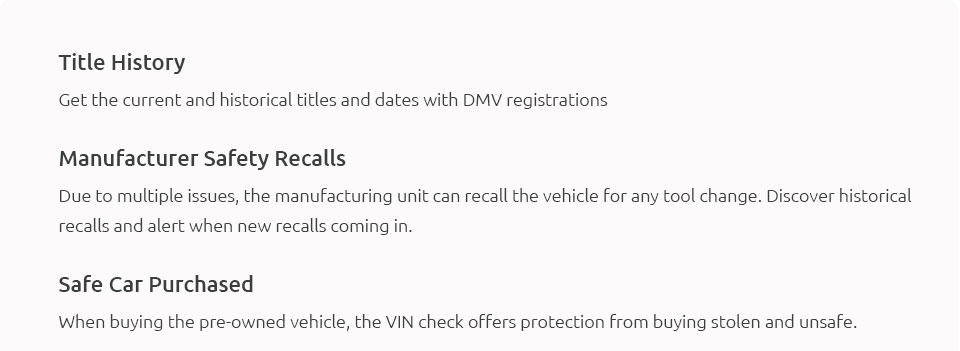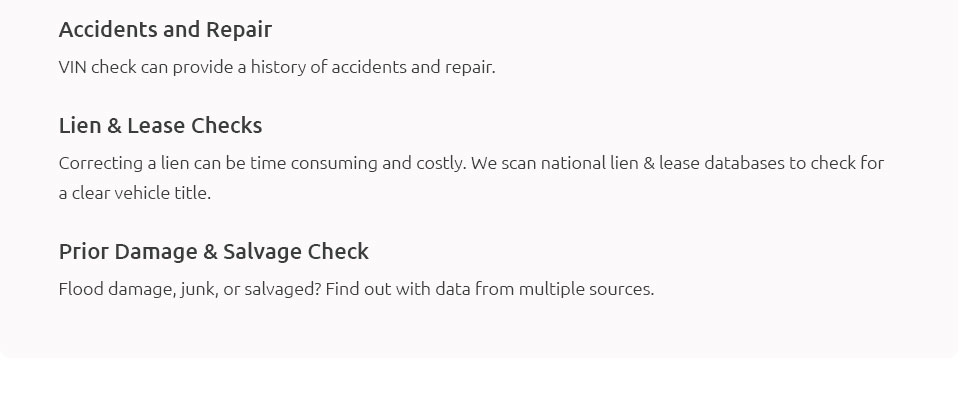 |
 |
 |
||
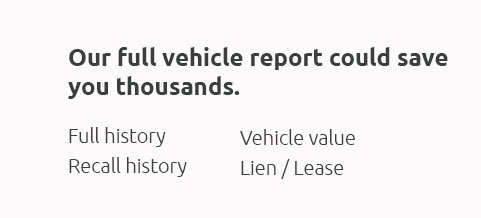 |
 |
|
 |
||
 |
 |
 |
 |
||
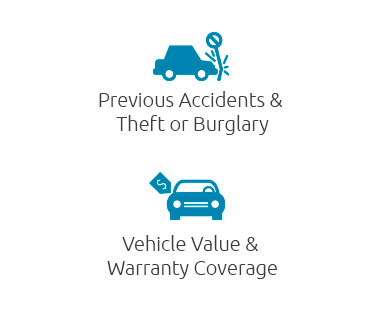 |
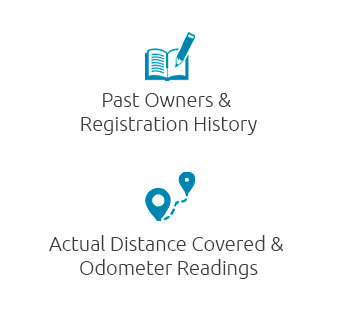 |
 |
 |
 |
||||
|
||||
 |
Understanding Auto Lien Sources: An Insightful ExplorationIn the intricate world of automobile financing, the concept of an auto lien source often emerges as both a crucial and sometimes perplexing element for vehicle owners and prospective buyers alike. An auto lien source is fundamentally the entity that holds a legal claim on a vehicle, which typically occurs when the vehicle is financed through a loan. This concept is pivotal in ensuring that the lender retains an interest in the vehicle until the associated loan is paid off in full, serving as a security measure against default. The primary concern for many individuals navigating this financial landscape is understanding the implications of a lien on their vehicle ownership and how it might affect their future transactions. It is essential to recognize that while a lien might seem like a daunting legal construct, it is, in reality, a standard procedure that provides a layer of security for both lenders and borrowers. When you finance a car, the lender, often a bank or credit union, becomes the lienholder. This status grants them the right to repossess the vehicle if you fail to meet the agreed repayment terms. One might wonder about the possible downsides of having an auto lien on their vehicle title. While it might seem restrictive, it's important to understand that a lien doesn't inherently prevent you from enjoying full use of your vehicle. However, the presence of a lien becomes particularly relevant when you decide to sell or trade the vehicle. In such cases, the lien must be settled, which typically involves paying off the outstanding loan balance. This requirement ensures that the new owner receives a clean title free of any claims, thereby preserving the integrity of the transaction.
In addition to these practical tips, it's worth considering the broader implications of a lien in the context of your financial strategy. While some might view a lien as a limitation, others may perceive it as a pragmatic mechanism that facilitates access to vehicles that might otherwise be financially out of reach. Furthermore, as the market for auto loans continues to evolve, new technologies and services are emerging to simplify the lien management process, offering more transparency and efficiency for all parties involved. In conclusion, understanding auto lien sources is essential for anyone involved in the purchase or financing of a vehicle. By approaching this topic with a well-informed perspective, you can navigate the complexities of auto financing with confidence, ensuring that your decisions are aligned with your long-term financial goals. Whether you're a first-time buyer or a seasoned car owner, grasping the nuances of auto liens can enhance your ability to make informed, strategic decisions about vehicle ownership. https://autoliensource.com/contact/
Get in touch with us today for all inquiries! (503) 885-1444 in from Auto Lien Source Home About Us Services Contact Us FAQs Efficient Lien Solutions at Your ... https://autoliensource.com/
Auto Lien Source, one of the renowned auto liens in Oregon, is ready to serve. Once you have hired our services, our team will immediately start the ball ... https://autoliensource.com/services/
Why choose us? Auto Lien Source provides exceptional customer service to all our clients. Our main goal as a company is to be able to help people who need the ...
|

